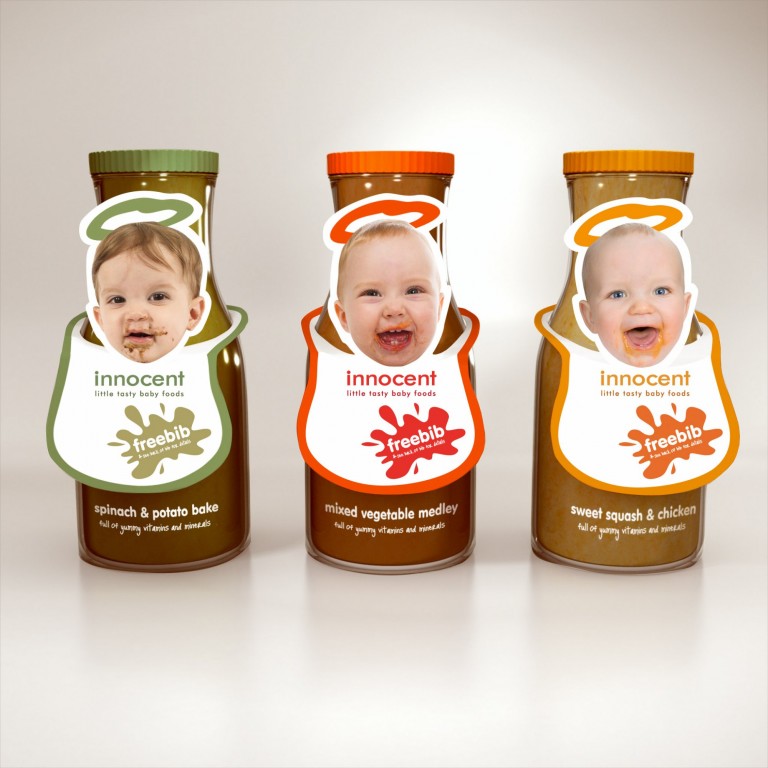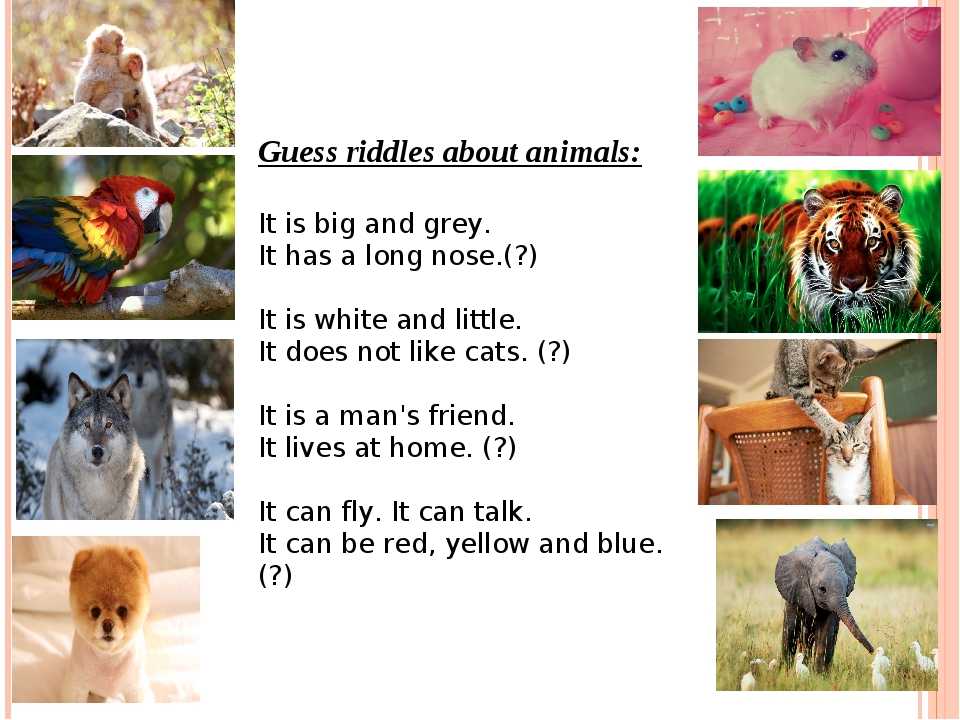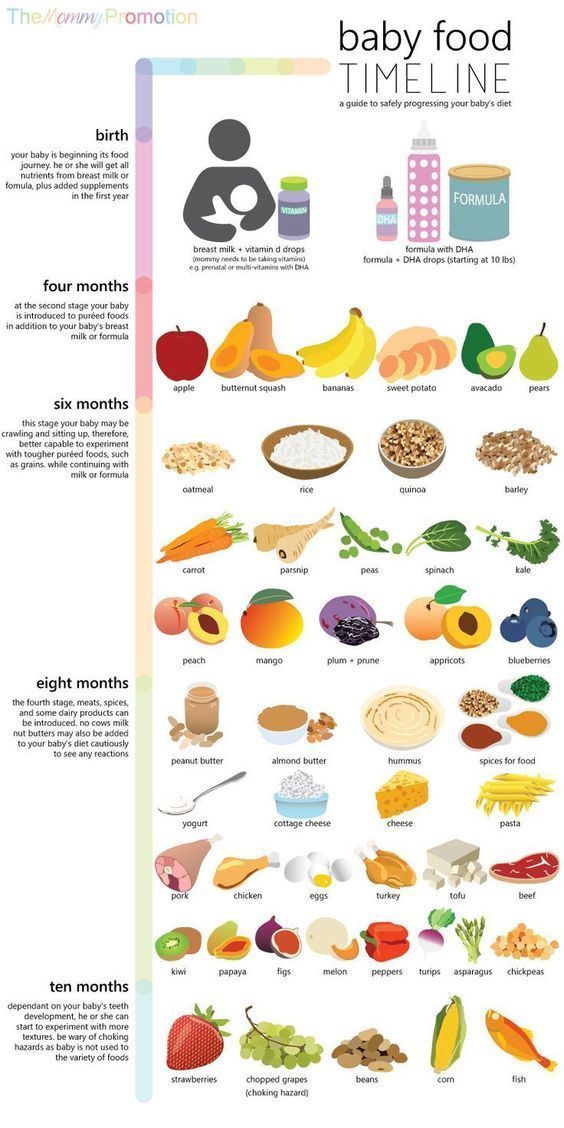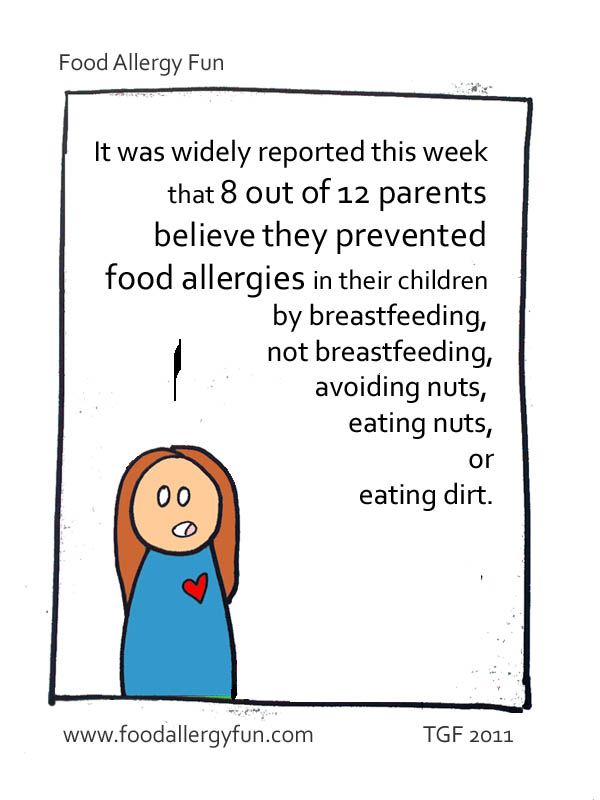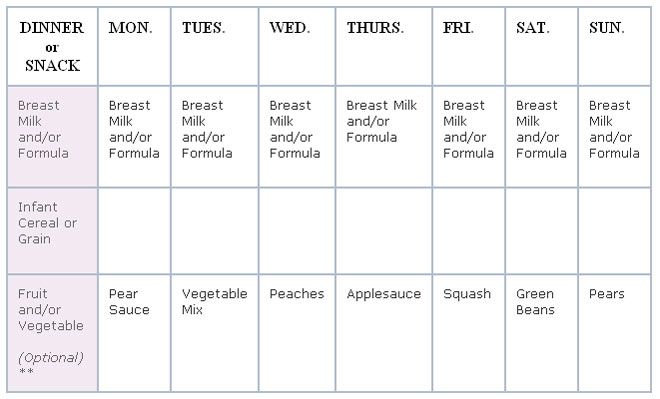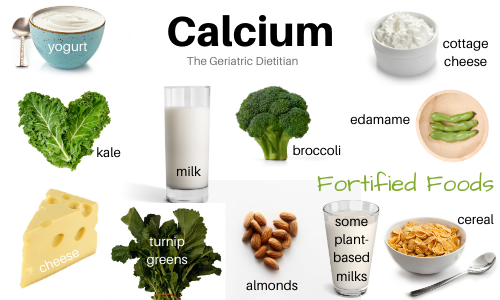What to do when baby is not feeding well
Causes, Emergency Care, and Treatments
“Poor feeding in infants” is a term used to describe an infant with little interest in feeding. It can also refer to an infant who is not feeding enough to receive the necessary nutrition required for adequate growth.
Poor growth associated with lack of feeding can lead to a separate condition called failure to thrive.
Poor feeding is caused by a variety of factors. It differs from picky eating, in which a baby may reject one form of milk for another or a toddler may refuse certain foods.
No matter the precise cause of poor feeding, undernutrition is a top concern. In fact, the World Health Organization (WHO) estimates that 45 percent of child deaths are related to undernutrition.
It is important not to dismiss poor feeding as something that will improve over time. This is a critical point in your child’s life, and missing key nutrients can lead to physical and cognitive concerns.
One of the most common causes of poor feeding is premature birth. Premature babies are typically poor feeders because they often have not yet developed the skills needed to suck and swallow milk.
Still, feeding usually increases as baby grows. If your little one was born prematurely and still has feeding trouble after leaving the hospital, it’s important to continue following up closely with your pediatrician, particularly if feeding concerns worsen or do not improve.
Other causes include congenital conditions such as jaundice and infections such as viral gastroenteritis. Once these conditions are treated, poor feeding usually subsides.
Serious conditions
Poor feeding can also be caused by serious conditions, such as Beckwith-Wiedemann syndrome. This is an overgrowth syndrome that causes infants to be particularly large and grow at a considerably fast pace. It affects an estimated 1 in 13,700 newborns worldwide.
Other serious conditions include:
- congenital hypothyroidism, which occurs when the thyroid fails to develop or function properly
- other genetic conditions, including Down syndrome
- hypoplastic left heart, a rare condition that occurs when the left side of the heart fails to develop properly and is unable to pump blood to the body
- other heart defects
Less serious conditions
Other causes of poor feeding aren’t related to a congenital condition at all.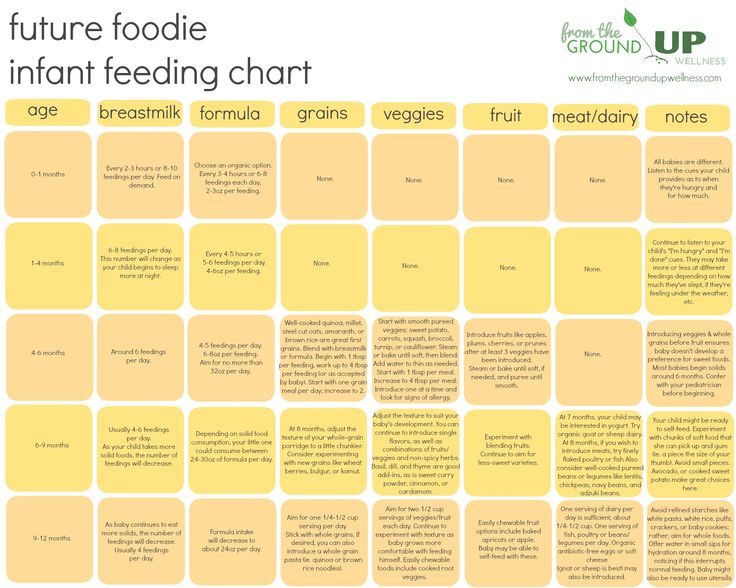 Temporary illnesses can make feeding uncomfortable (and even painful) for infants.
Temporary illnesses can make feeding uncomfortable (and even painful) for infants.
Common ailments that get in the way of feeding include:
- diarrhea
- ear infections
- coughs and colds
- teething
When in doubt, it’s always best to double-check with a pediatrician. You don’t want to assume a minor illness when in fact there could be a serious underlying condition.
Feeding difficulty is a serious matter. When accompanied by other symptoms, emergency care may be required. Seek immediate medical attention if your baby is showing any of the following signs:
- has a fever of over 100°F (37.8°C), an emergency in babies 3 months old and younger
- is vomiting after every feeding
- is vomiting blood
- has a cough with breathing difficulties
- is crying constantly
- has bloody stool
- is wheezing
- is becoming unresponsive to touch
Poor feeding that is caused by an infection will usually stop when the infection is resolved.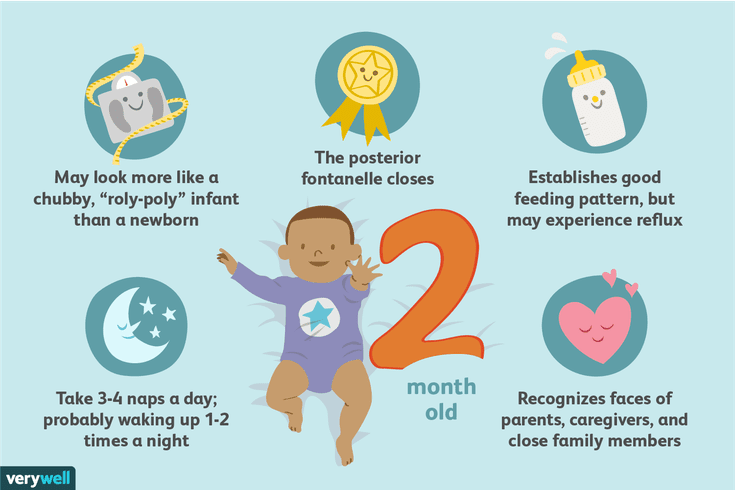
Treatment of poor feeding depends on the cause. This can involve changing the feeding schedule to consist of smaller, more frequent meals. If a milk-based intolerance is suspected, your doctor will work closely with you to find a formula and feeding plan that suits your baby.
While serious cases of poor feeding require prompt medical care, other causes can be resolved at home with the advice of a pediatrician.
If your baby is breastfeeding or chestfeeding, try to avoid:
- certain medications that can enter breast milk
- applying lotions and other skin products to your breasts
- high levels of stress — this may also make your milk taste differently
Other considerations may concern formula feeding as well as infants who have started solid foods.
Formula feeding
While breastfeeding is the method of feeding for infants recommended by health agencies such as WHO, it is a fact that not all babies are successful with this method — and not all nursing parents may want or be able to breastfeed.
If your baby doesn’t seem to latch on despite repeated attempts, you may consider talking with your doctor about formula feeding. You may still be able to try breastfeeding or chestfeeding, even when supplementing with formula, if you’d like.
The key is that your baby gets adequate nutrition. A lactation consultant may be helpful, if available to you.
“Picky eating”
After baby reaches 6 months of age, your pediatrician may encourage you to introduce solids to their diet. While solids shouldn’t replace breast milk at this phase of your child’s life, most infants require additional nutrients around the 6-month mark.
Examples include:
- rice cereal
- pureed fruits and vegetables
- pureed or soft meats
Introducing solid foods can be exciting for both caregiver and child. However, some infants don’t take to solids as readily as other babies.
This can be alarming, but the issue may be solved by:
- mixing cereal with solid foods
- offering solids in small increments
- only giving solids two to three times per day
- starting with one food at a time, then introducing others as your baby gets used to solids
When an infant doesn’t like solids, it’s easy to jump to the conclusion that they are a “picky eater. ” However, this phase doesn’t usually start until your baby becomes a toddler.
” However, this phase doesn’t usually start until your baby becomes a toddler.
Stress management
When your baby is eating poorly, it’s easy to get stressed out. This is especially true for new parents who may not yet know the distinctions between serious conditions and minor feeding concerns.
Remember that stress can worsen feeding concerns. It may interfere with attempts at feeding if your infant senses something is wrong.
Managing your stress won’t treat all causes of poor feeding, but it can help in many cases.
It’s difficult to find time for yourself during this busy stage of your life — even a few minutes a day can help. When you feel stress coming on during feedings, take a moment for some deep breathing.
Poor feeding in infants can lead to serious issues, such as malnutrition and stunted growth. It is essential that babies consume and digest the necessary nutrients to thrive and develop.
Any infant who is feeding poorly should be taken to a pediatrician for evaluation. After a proper diagnosis, treatment may be necessary.
After a proper diagnosis, treatment may be necessary.
In other cases, poor feeding can be resolved through refined techniques and perseverance at home. If you suspect feeding difficulties may be causing other concerns, call a doctor right away.
Causes, Emergency Care, and Treatments
“Poor feeding in infants” is a term used to describe an infant with little interest in feeding. It can also refer to an infant who is not feeding enough to receive the necessary nutrition required for adequate growth.
Poor growth associated with lack of feeding can lead to a separate condition called failure to thrive.
Poor feeding is caused by a variety of factors. It differs from picky eating, in which a baby may reject one form of milk for another or a toddler may refuse certain foods.
No matter the precise cause of poor feeding, undernutrition is a top concern. In fact, the World Health Organization (WHO) estimates that 45 percent of child deaths are related to undernutrition.
It is important not to dismiss poor feeding as something that will improve over time. This is a critical point in your child’s life, and missing key nutrients can lead to physical and cognitive concerns.
One of the most common causes of poor feeding is premature birth. Premature babies are typically poor feeders because they often have not yet developed the skills needed to suck and swallow milk.
Still, feeding usually increases as baby grows. If your little one was born prematurely and still has feeding trouble after leaving the hospital, it’s important to continue following up closely with your pediatrician, particularly if feeding concerns worsen or do not improve.
Other causes include congenital conditions such as jaundice and infections such as viral gastroenteritis. Once these conditions are treated, poor feeding usually subsides.
Serious conditions
Poor feeding can also be caused by serious conditions, such as Beckwith-Wiedemann syndrome. This is an overgrowth syndrome that causes infants to be particularly large and grow at a considerably fast pace. It affects an estimated 1 in 13,700 newborns worldwide.
It affects an estimated 1 in 13,700 newborns worldwide.
Other serious conditions include:
- congenital hypothyroidism, which occurs when the thyroid fails to develop or function properly
- other genetic conditions, including Down syndrome
- hypoplastic left heart, a rare condition that occurs when the left side of the heart fails to develop properly and is unable to pump blood to the body
- other heart defects
Less serious conditions
Other causes of poor feeding aren’t related to a congenital condition at all. Temporary illnesses can make feeding uncomfortable (and even painful) for infants.
Common ailments that get in the way of feeding include:
- diarrhea
- ear infections
- coughs and colds
- teething
When in doubt, it’s always best to double-check with a pediatrician. You don’t want to assume a minor illness when in fact there could be a serious underlying condition.
Feeding difficulty is a serious matter. When accompanied by other symptoms, emergency care may be required. Seek immediate medical attention if your baby is showing any of the following signs:
When accompanied by other symptoms, emergency care may be required. Seek immediate medical attention if your baby is showing any of the following signs:
- has a fever of over 100°F (37.8°C), an emergency in babies 3 months old and younger
- is vomiting after every feeding
- is vomiting blood
- has a cough with breathing difficulties
- is crying constantly
- has bloody stool
- is wheezing
- is becoming unresponsive to touch
Poor feeding that is caused by an infection will usually stop when the infection is resolved.
Treatment of poor feeding depends on the cause. This can involve changing the feeding schedule to consist of smaller, more frequent meals. If a milk-based intolerance is suspected, your doctor will work closely with you to find a formula and feeding plan that suits your baby.
While serious cases of poor feeding require prompt medical care, other causes can be resolved at home with the advice of a pediatrician.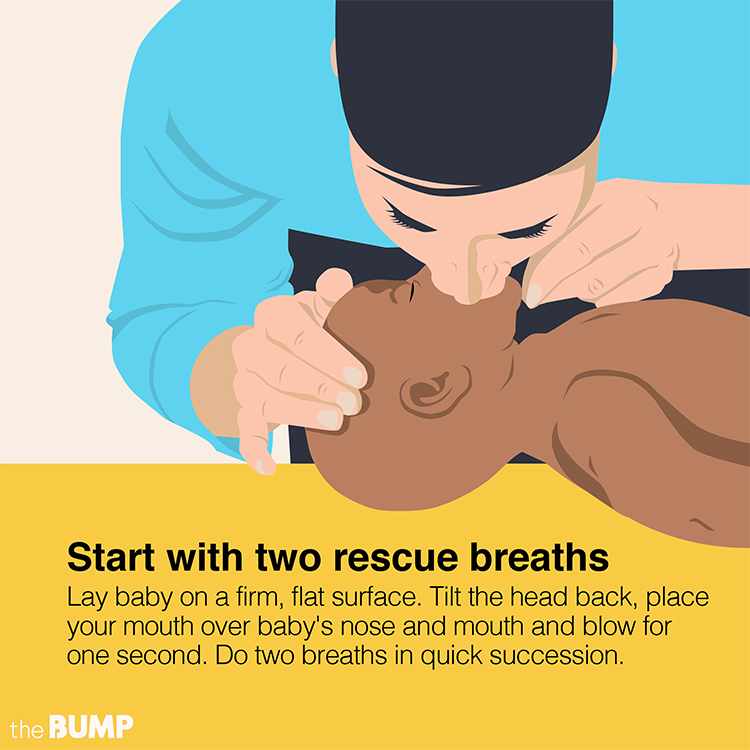
If your baby is breastfeeding or chestfeeding, try to avoid:
- certain medications that can enter breast milk
- applying lotions and other skin products to your breasts
- high levels of stress — this may also make your milk taste differently
Other considerations may concern formula feeding as well as infants who have started solid foods.
Formula feeding
While breastfeeding is the method of feeding for infants recommended by health agencies such as WHO, it is a fact that not all babies are successful with this method — and not all nursing parents may want or be able to breastfeed.
If your baby doesn’t seem to latch on despite repeated attempts, you may consider talking with your doctor about formula feeding. You may still be able to try breastfeeding or chestfeeding, even when supplementing with formula, if you’d like.
The key is that your baby gets adequate nutrition. A lactation consultant may be helpful, if available to you.
“Picky eating”
After baby reaches 6 months of age, your pediatrician may encourage you to introduce solids to their diet. While solids shouldn’t replace breast milk at this phase of your child’s life, most infants require additional nutrients around the 6-month mark.
Examples include:
- rice cereal
- pureed fruits and vegetables
- pureed or soft meats
Introducing solid foods can be exciting for both caregiver and child. However, some infants don’t take to solids as readily as other babies.
This can be alarming, but the issue may be solved by:
- mixing cereal with solid foods
- offering solids in small increments
- only giving solids two to three times per day
- starting with one food at a time, then introducing others as your baby gets used to solids
When an infant doesn’t like solids, it’s easy to jump to the conclusion that they are a “picky eater.” However, this phase doesn’t usually start until your baby becomes a toddler.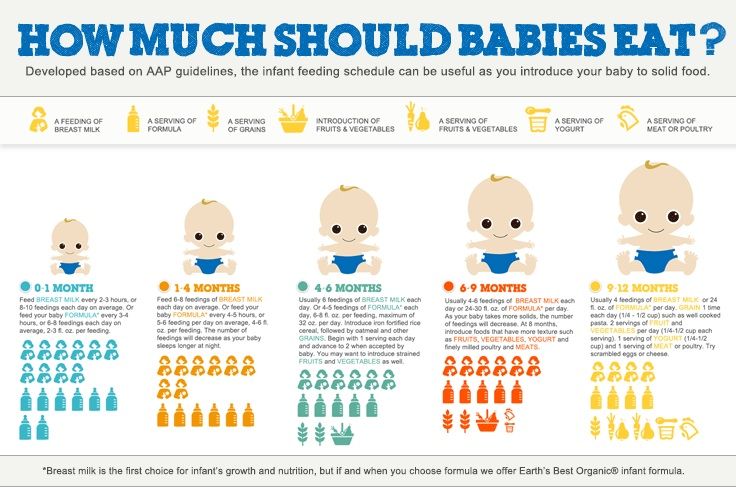
Stress management
When your baby is eating poorly, it’s easy to get stressed out. This is especially true for new parents who may not yet know the distinctions between serious conditions and minor feeding concerns.
Remember that stress can worsen feeding concerns. It may interfere with attempts at feeding if your infant senses something is wrong.
Managing your stress won’t treat all causes of poor feeding, but it can help in many cases.
It’s difficult to find time for yourself during this busy stage of your life — even a few minutes a day can help. When you feel stress coming on during feedings, take a moment for some deep breathing.
Poor feeding in infants can lead to serious issues, such as malnutrition and stunted growth. It is essential that babies consume and digest the necessary nutrients to thrive and develop.
Any infant who is feeding poorly should be taken to a pediatrician for evaluation. After a proper diagnosis, treatment may be necessary.
In other cases, poor feeding can be resolved through refined techniques and perseverance at home. If you suspect feeding difficulties may be causing other concerns, call a doctor right away.
The child does not eat well. What to do? Tips for parents
“You won't go out until you eat everything!” - repeated to you in childhood, and now you say it to a child. Every parent at least once in their life faced with the problem of nutrition in children. But it’s one thing if you don’t feel like eating because you don’t like food, it’s another if it’s a disease that can be chronic.
We have already talked about eating disorders in adults. In this article, we will deal with the causes of eating disorders in children, their types and ways to restore the child's appetite.
What do we talk about when we talk about eating behavior?
Eating behavior is understood as a value attitude to food and its intake, a stereotype of nutrition in everyday conditions and in a stressful situation, behavior oriented towards the image of one's own body, and activities to form this image. (VD Mendelevich “Clinical and Medical Psychology”)
(VD Mendelevich “Clinical and Medical Psychology”)
Why does the child eat poorly? Causes
Eating behavior of children is characterized by physiological and psychological parameters . If they are violated, eating behavior changes.
physiological parameters mean how the body functions as a whole: the state of the endocrine or digestive system, the work of organs involved in the consumption and processing of food.
Under psychological parameters - restless atmosphere in the house, scandals, stress due to life changes (change of children's institution, the appearance of a second child in the family, parents' problems) or the child may not like the taste and appearance of the dish, so he refuses There is.
Lack of appetite can be caused by:
- violation of the daily routine,
- feeling unwell,
- hot weather,
- being busy with something exciting.
And the most obvious answer to the question "Why does the child eat poorly?" He's just not hungry! Perhaps you are worrying in vain and the only problem is that you do not take into account the needs of the child, so do not force the child to eat here and now, invite him to the table later. Give your appetite time to roam.
Give your appetite time to roam.
You should be concerned about your child's eating habits and consult a doctor if eating disorders occur regularly and have consequences such as weight loss, lack of energy or vomiting after eating.
Types of eating disorders in children
There are several types of eating disorders in children:
- malnutrition, infantile anorexia
- overeating causes obesity and related diseases, cardiovascular or diabetes;
- rumination - conscious regurgitation of food, which the child swallows again or spits out from the mouth. It is observed in children under two years of age, rarely at school age;
- eating inedible things (chalk, sand, etc.) occurs in children with damaged nervous system, and may also be the result of psychological causes.
How to treat eating disorders in children?
Treatment depends on the type of disorder.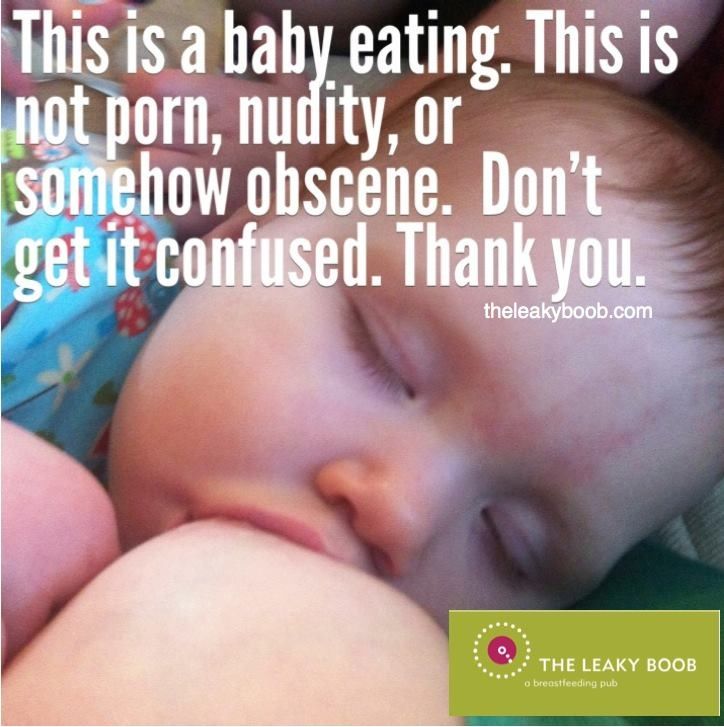 If necessary, a multidisciplinary approach is used with the involvement of a pediatrician, nutritionist, psychologist, gastroenterologist.
If necessary, a multidisciplinary approach is used with the involvement of a pediatrician, nutritionist, psychologist, gastroenterologist.
First of all, you need to pass tests and check the functioning of the body. If there is no appetite due to a disease of the internal organs, the doctor will prescribe appropriate therapy.
It is possible to sort out the problem with the help of the specialists of the sanatorium complex "Mashuk Aqua-Therm", having completed a comprehensive gastroenterological program for children aged 4-12 years. Experienced doctors will consult and diagnose, explain why the child does not eat well, prescribe a treatment regimen and bring the baby's eating habits back to normal.
Goals of therapy
- involve the child in overcoming the problem on his own;
- to form the correct model of eating behavior and perception of one's body, corresponding to reality;
- pick up individual meals.

Working with the parents themselves is also important. It is they who can create a favorable environment for recovery.
What should parents do if their child does not eat well?
Parents shape the habits and environment in which the child grows up. Adults should be actively involved in the process of correcting children's eating disorders. Candidate of Psychological Sciences Avdulova T.P. recommends to parents:
- play with the child about food;
- organize meals as a joint activity;
- decorate dishes, make food attractive;
- do not force to eat, but regularly offer;
- stimulate physical activity;
- do not discuss weight and figure in front of the child;
- synchronize meals at home and in kindergarten;
- take into account individual preferences.
Children's eating disorders are a manageable problem. But in order not to bring the child to the doctors, from the first days of life, one should be attentive to the preferences of the baby and not impose his habits on him, but help form his own.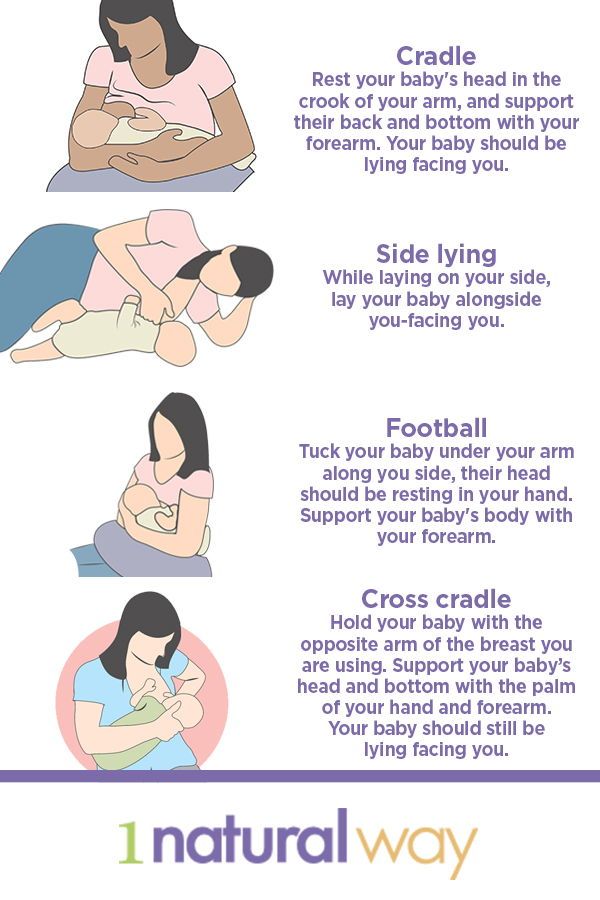
June 24, 2019 | children's programs
What to do if the child does not eat well.
Baby needs to eat instinctively from birth . If the child is healthy, he eats as much as his body requires. Over the years, our instincts weaken and eating behavior begins to rely not only on the needs of the body, but also on:
- socio-psychological environment
- experience
- emotional state
It is very important to be able to distinguish between a true decrease in appetite and a false one. If false, there are no problems with food or health, but at the same time, parents are unhappy with the amount of food eaten.
To diagnose a child's eating behavior, it is necessary, first of all, to clarify the general state of the child's health, his activity, growth and weight indicators and their dynamics, and especially the rhythm of nutrition.
Types of refusal to eat:
- A child older than 1.
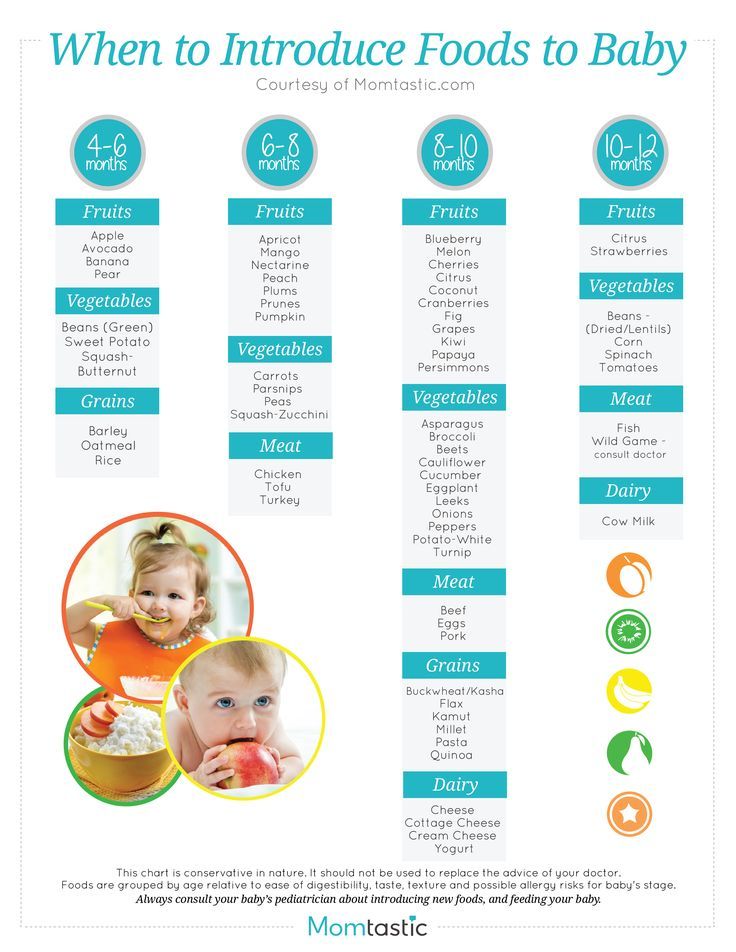 5–2 years does not eat certain food groups. For example, refuses vegetables, meat or cereals.
5–2 years does not eat certain food groups. For example, refuses vegetables, meat or cereals. - The child bites and eats mainly junk food: sweets, fast food and processed meat (sausages, sausages).
- A child older than one and a half years old eats only liquid, homogeneous food (for example, milk, formula or puree).
- The child refuses any food and goes on hunger strikes
- The child experiences fear when eating due to some trouble that occurred while eating.
- For diseases of the oral cavity and disorders of the digestive system. The child avoids pain when eating or after eating.
- The child may not eat well when he is not feeling well. This is a normal human reaction to the disease.
- Increased nervous excitability. An excited child can hardly secrete the required amount of saliva, so it is difficult for him to have dryish food. If you are under a lot of stress, you may have trouble swallowing due to throat spasms.
Consequences of refusal to eat:
- the child does not gain weight for a long time, growth and lags behind in physical development
- chronic eating disorder, deficiency of vitamins and microelements layer is very thin.
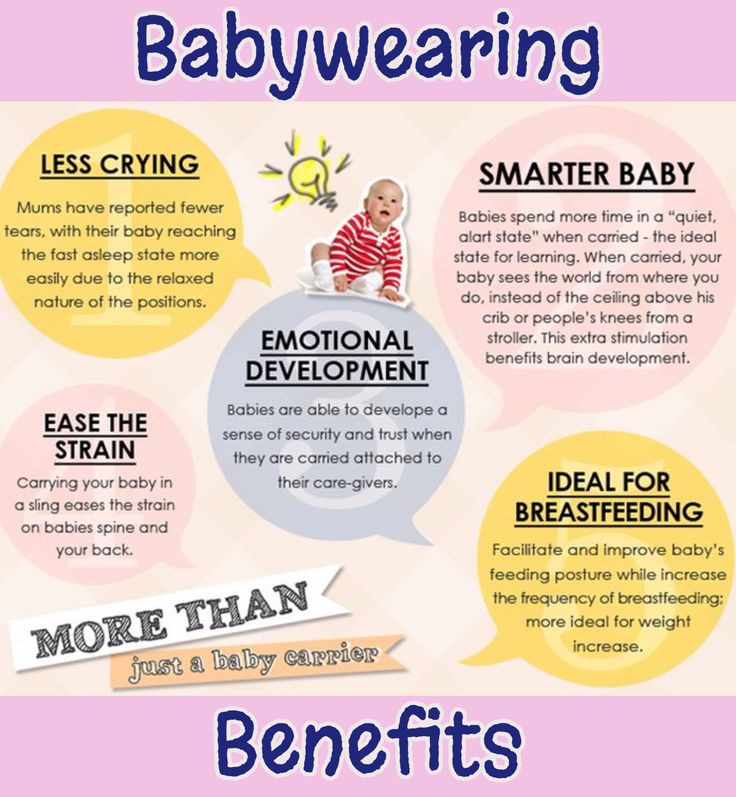 There is a decrease in immunity, a tendency to frequent infections and their protracted course; fatigue and general weakness.
There is a decrease in immunity, a tendency to frequent infections and their protracted course; fatigue and general weakness. If diseases are ruled out, in most cases the problem of the child's selective appetite can be solved by parents on their own.
What to do?
Lots of recommendations. To normalize the appetite will have to spend a lot of time and effort. Therefore, be patient.
- There is one simple rule that helps to determine the amount of food a child needs:0010 . You can conclude a kind of contract to comply with this rule. If the child understands the agreements, he can correctly calculate his strength and build expectations . Large plates can scare a child, as can huge portions.
- Think about how a child usually eats. If it is filled with persuasion, quarrels, threats of punishment, then a decrease in appetite is quite natural. Our psyche is arranged in such a way that the emotional coloring of events occurring simultaneously is mixed and attached to each other .
 If food becomes a cause of conflict with parents, the child experiences unpleasant emotions - resentment, shame, anger, etc. These emotions are superimposed on all meals. Try not to force him to finish his plate, do not threaten punishment. The more you force, the more the child will resist. Make your meal a pleasant event of the day in a warm family circle with a beautiful table setting.
If food becomes a cause of conflict with parents, the child experiences unpleasant emotions - resentment, shame, anger, etc. These emotions are superimposed on all meals. Try not to force him to finish his plate, do not threaten punishment. The more you force, the more the child will resist. Make your meal a pleasant event of the day in a warm family circle with a beautiful table setting. - However, the opposite situation also happens: the mother, on the contrary, does not offer food too persistently. There is an opinion: you need to make 8 to 15 unobtrusive attempts, preferably in a playful way, so that the child gets used to unfamiliar food. Use little tricks. Offer new foods to your child to choose from - for example, from 2-3 dishes. This will help him understand that his opinion is taken into account in the family. Replace products. Try different types of meat - the child will surely choose something for himself, because he needs iron in an easily digestible form, which can only be obtained from meat products.
 Add mince to vegetables. Use different cooking methods.
Add mince to vegetables. Use different cooking methods. - Selective appetite develops in children of parents who use food as a reward or as blackmail: "If you don't eat soup, you won't go for a walk." Pediatricians emphasize that food is a source of nutrients, fuel for the body, and not a means of manipulation.
- You should not feed a child mechanically when he is engrossed, for example, in a game or watching a movie - many children eat well under advertising or on a tablet, not feeling the taste of food at all, which ultimately only reduces their appetite.
- Children are much more willing to eat what has been cooked with them, so feel free to involve them in the cooking process. Turn cooking into an exciting joint creativity, and you will see how the child gradually changes his attitude to food.
- If a child does not want to eat, it means that he did not spend enough energy and did not have time to get hungry. To awaken the appetite, you need to increase energy consumption: walk in the fresh air, ride the slides or offer classes in the sports section.



